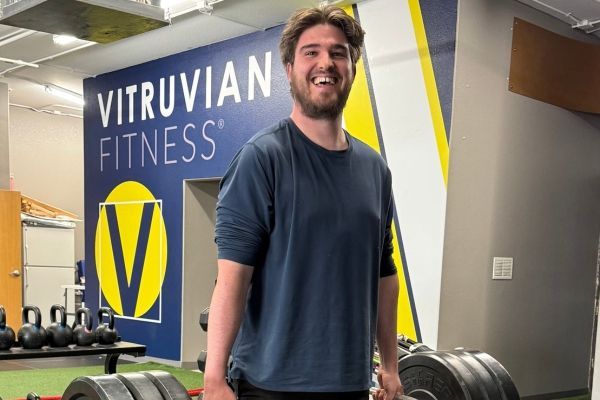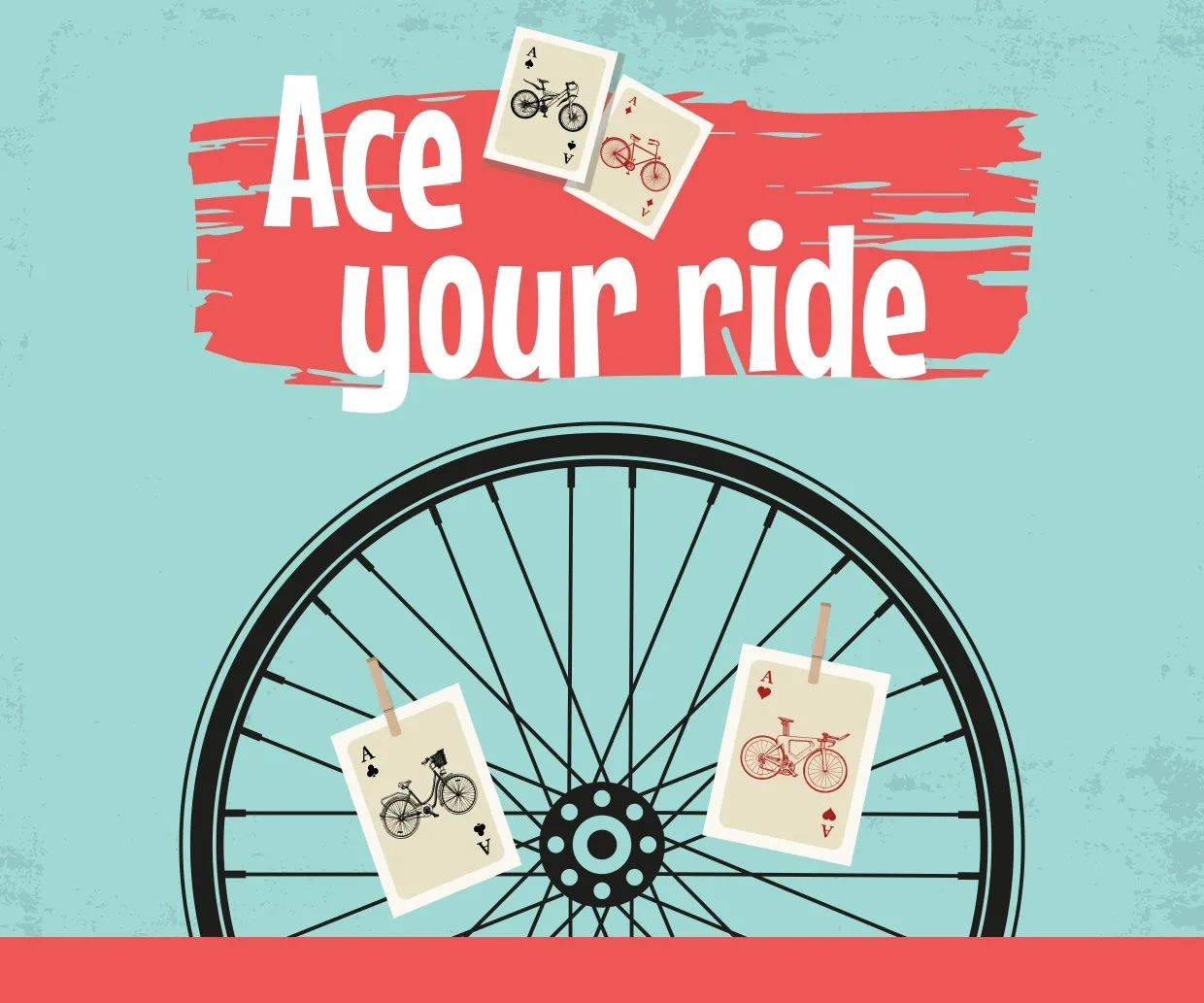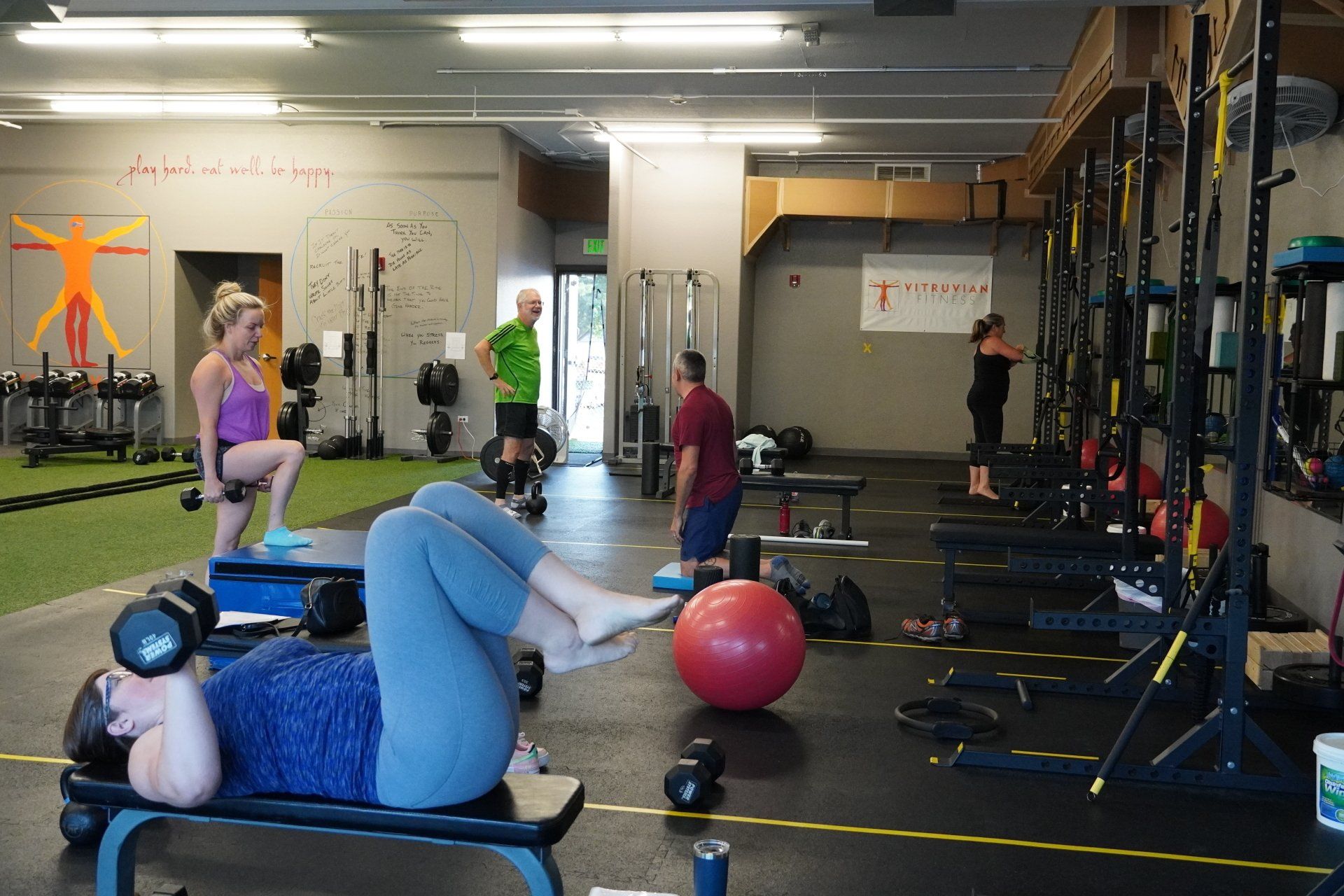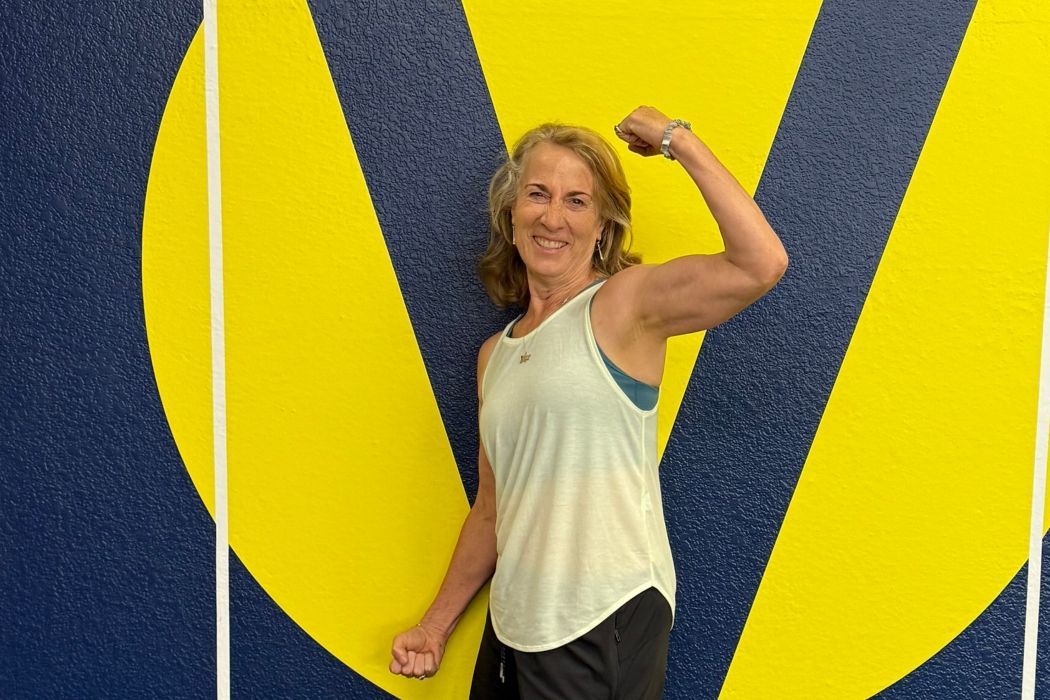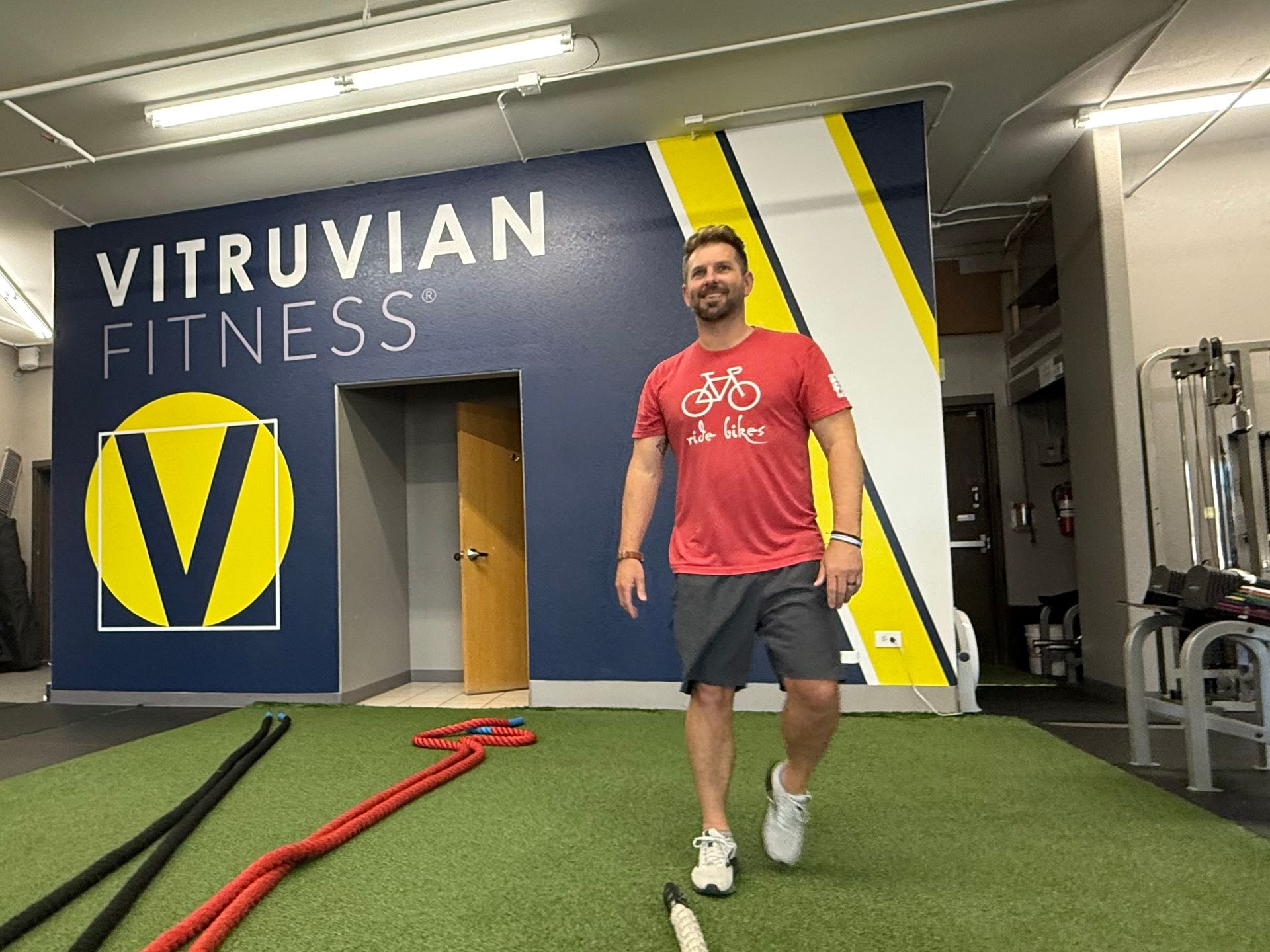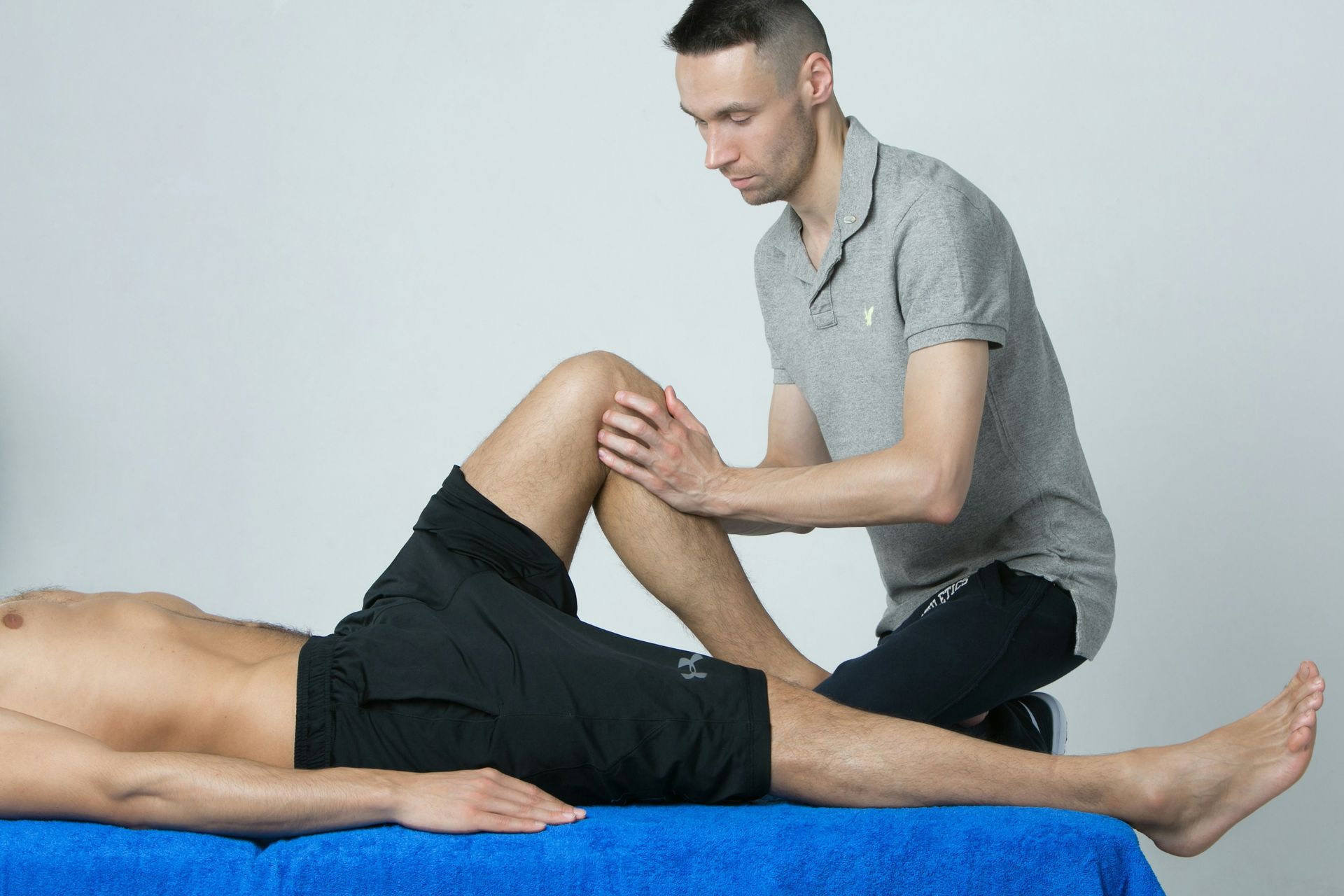Help Wanted: Personal Trainer – Entry Level
Vitruvian Fitness is a personal training and small group exercise studio in Wheat Ridge, CO. We are growing and seeking to hire an entry-level personal trainer to join our team.
Our mission is to build a community of stronger, healthier, happier, fun-loving members using functional movement to improve the quality of life in adults of all ages and abilities.
We value health, community, fun, charisma and continuous education as our guiding principles. The most important aspect of Vitruvian Fitness is expressed in our motto: Play hard. Eat well. Be happy.
(This is not a studio rental opportunity.)
About you: You are naturally enthusiastic about life, exercise, wellness and recreational activities and you love to share your enthusiasm. You are friendly, outgoing and energetic. You are totally cool working with individuals and groups of 3 to 20 people.
More about you: You have a professional appearance and demeanor. You’re an athlete. You’re clean and neat. You carry yourself in a way that suggest you’re trying to make a positive impression. You’re an effective communicator who can verbalize simple or complex concepts and ideas that our clients can understand. And furthermore, you’re flexible and accommodating and can adjust your approach as needed for different learning styles.
Here’s more about the specific position.
Summary of Your Qualifications:
- 1 to 2 years of experience as a personal trainer from a recognized program (e.g. NASM, ACSM, NSCA, ACE) or a degree in an exercise science. The amount of experience being less relevant than the quality of your experience.
- TRX, Kettlebells, Indoor Cycling, Yoga, Olympic/Power Lifting, Nutrition certifications/experience encouraged.
- Experience leading groups of 5 to 25 people is desirable.
- 2-50 years of customer service experience working for organizations that are well-known for providing outstanding customer service.
- A basic level of proficiency in Word and Excel. You are proficient using email, document scanners and have point-of-sale experience.
Candidate Requirements
- High situational awareness of your environment and the people in it so you can use that awareness to create an even better environment. For example, recognizing when a room is too hot or too cold and/or too bright or too dark – then fixing it. Or, recognizing when the training floor is crowded and effectively managing the space and sharing of equipment.
- Ability to project your voice appropriately when addressing or directing groups and individuals – ideally without a public address system.
- Clean, neat, professional appearance and demeanor.
- Effective communicator who can verbalize simple or complex concepts and ideas that our clients can understand.
- Flexible and accommodating with the willingness to adjust your approach as needed for different learning styles.
Movement Aptitude
- Your greatest strength is your personality but you’re also able to lift enough weight to help our clients set up their workouts. That can be as much as 50 to 100 pounds at times. You’ll need to stand for long periods of time, get up and down on the floor, run, jump, demonstrate exercises, and frolic too.
- Frolicking may include, but is not limited to: cart wheels, somersaults, head-stands, playing catch, juggling, making funny faces and sound effects.
- You are generally fit and athletic OR you are working diligently to become so. We lead by example and if your example is that you’re a work in progress, that’s fine.
- You are capable of perfectly performing a squat, a deadlift, a push up, a row, an overhead press and a pull-up. OR, you recognize that cannot yet and are working diligently to be able to do all of these perfectly someday soon. (Like really soon.)
Training
Your first week(s) at Vitruvian Fitness will be in-training (paid). How long your training lasts will depend on how quickly you learn our system. You will be expected to have a certain amount of training experience. However, we have a very structured training program and specific coaching methods at Vitruvian Fitness. Your first week(s) will be spent learning how we coach at Vitruvian Fitness. You will also perform customer service activities beginning with a warm greeting at the door to saying good-bye as clients leave, plus everything in between that contributes to clients having an awesome experience in our studio.
Our training programs are written by our senior training staff and your role will be to effectively coach the program, observe our clients’ performance and provide feedback to the senior trainers. This allows you to focus on the work and the relationship(s) and not writing a workout of the day for each client. All personal training is done in a semi-private environment.
After you demonstrate you have the requisite knowledge, skills and abilities, it is our goal to promote you to a Full-Fledged Vitruvian Fitness Coach.
To apply, submit a cover letter and your resume in electronic form by emailing info@vmfit.com.
You might also enjoy these posts . . .
